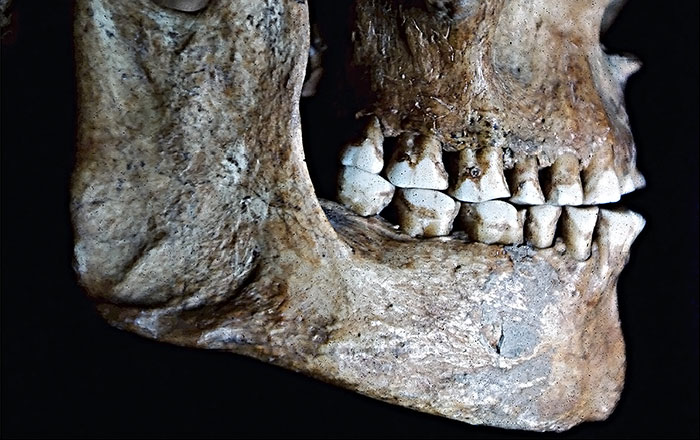COVENTRY, ENGLAND—According to a statement released by the University of Warwick, Joram Mayshar of the Hebrew University of Jerusalem, Omer Moav of the University of Warwick and Reichman University, and Luigi Pascali of Pompeu Fabra University and the Barcelona School of Economics claim that the production of cereal crops alone fueled the development of hierarchical societies. Unlike root crops, which can be kept in the ground, cereal crops must be harvested and stored, making them easier to access and tax, the researchers explained. It had been previously thought the growth of early hierarchies was driven by the availability of fertile land, but the study, which examined the level of hierarchical complexity in a society, the geographic distribution of wild relatives of domesticated plants, and land suitability for various crops, suggests that the most productive lands, where roots and tubers were grown in addition to cereals, did not experience the same political development as societies that relied solely on the growth of cereal crops, Pascali explained. “When it became possible to appropriate crops, a taxing elite emerged, and this led to the state,” Mayshar concluded. To read more about the role of taxation in the rise of empires, go to "Ancient Tax Time."
New Thoughts on the Rise of Complex Societies
News April 12, 2022
Recommended Articles

Features November/December 2021
Italian Master Builders
A 3,500-year-old ritual pool reflects a little-known culture’s agrarian prowess

Digs & Discoveries July/August 2019
You Say What You Eat

Letter From the Philippines May/June 2018
One Grain at a Time
Archaeologists uncover evidence suggesting rice terraces helped the Ifugao resist Spanish colonization

-
Features March/April 2022
The Last King of Babylon
Investigating the reign of Mesopotamia’s most eccentric ruler
 (iStock/HomoCosmicos)
(iStock/HomoCosmicos) -
Features March/April 2022
Paradise Lost
Archaeologists in Nova Scotia are uncovering evidence of thriving seventeenth-century French colonists and their brutal expulsion
 (© Jamie Robertson)
(© Jamie Robertson) -
Features March/April 2022
Exploring Notre Dame's Hidden Past
The devastating 2019 fire is providing an unprecedented look at the secrets of the great cathedral
 (Patrick Zachmann)
(Patrick Zachmann) -
Letter from Doggerland March/April 2022
Mapping a Vanished Landscape
Evidence of a lost Mesolithic world lies deep beneath the dark waters of the North Sea
 (M.J. Thomas)
(M.J. Thomas)


